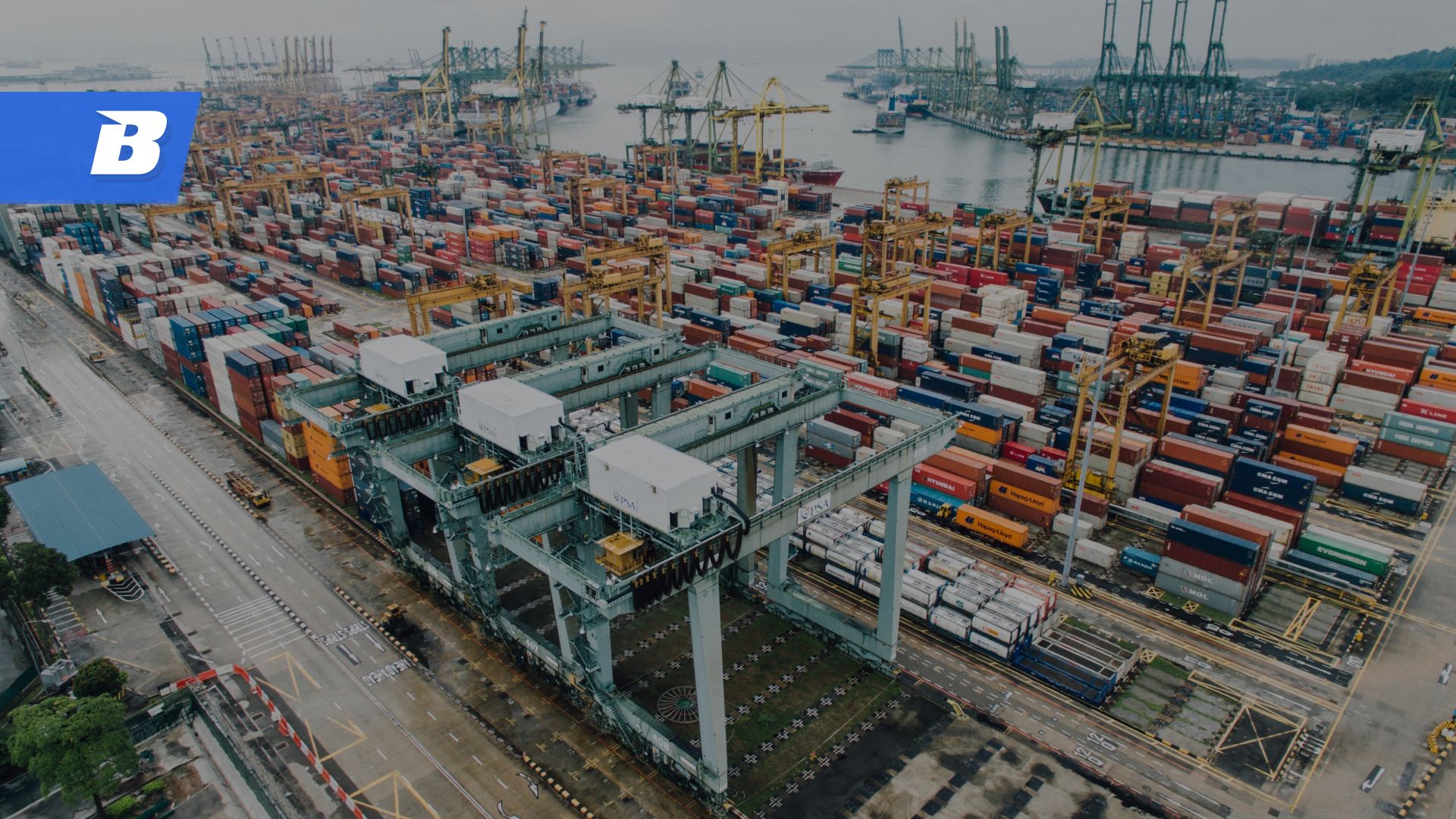A trade war or trade dispute is a trade rivalry of two or more states, conducted to capture foreign markets (offensive trade war) or to prevent the trade "occupation" of the national economy (defensive trade war).
The methods of defensive trade war include:
1) increase in import customs duties (сountervailing duty);
2) reduction of import quotas;
3) the introduction of non-tariff restrictions - barriers associated with the complication of the licensing procedure and a pile of customs formalities;
4) the introduction of technical barriers, providing for the occurrence of difficulties with the conformity of imported goods to national standards and technical conditions.
In the case of defensive tactics, the trade wars often develop into armed conflicts, especially in the case of attempts to break the trade blockade.
Despite the fact that economists and modern analysts are almost unanimous in their opinion that artificial barriers contribute little to the development of economies, believing that their implementation leads to a decrease in the economic well-being of all countries involved in the conflict, trade wars constantly arise.
What is a trade war in practice? It is the use of export and import not for its intended purpose, but in order to exert pressure on trading partners. One country decides that another country does not buy enough of its goods and asks it to buy more. Otherwise, it promises to reduce imports from this country. When it indeed reduces, the other country retaliates and buys even less goods. This can go on forever.
There are many methods to conduct a trade war. In order to reduce its own imports, one country can increase duties, introduce quotas for the import of certain goods, or require another country to commit to artificially limit exports.
To increase domestic exports, one country can introduce export subsidies to help offset even higher duties in the opposite country. Finally, to simultaneously reduce imports and increase exports, one can devalue their own currency. This will make imported goods more expensive. Consequently, they will be in less demand in the domestic market of the country that conducted the devaluation. Exported goods will generate more revenue. That means they could be sold cheaper in another market, increasing the demand.
It would seem that all this is complete stupidity. Why threaten anyone to reduce imports, depriving their own citizens of high-quality foreign goods?
Well, trade wars began when it was believed that only exports were profitable. Only it brought gold and silver to the country. It was believed import only harmed an economy, because it made one part with money. Who would want to allow earning in their domestic market? Sometimes the desire to limit the export of other countries went so far as to simply use military force against them. Other times, with the help of military force, they restricted the right to export goods to foreign countries: such were the disputes of the colonial empires.
It was impossible to allow anyone to trade on their territory. This was perceived as evidence of the weakness of the state. Such a country would immediately be deprived of the opportunity to export anything at all.
Even one of the reasons for the outbreak of the First and Second World Wars were the trade conflicts that constantly arose between the richest and most powerful countries in the world.
Then, trade wars continued to take place. Most states tried to protect their producers and at the same time capture new markets for their goods.
In the late 1990s, the United States even participated in several trade wars simultaneously.
- Meat – the EU accused the USA of exporting meat products with growth hormones and stopped importing such products. The US said it would impose additional duties on imports of EU goods in response.
- Banana – the US accused the EU of providing unfair benefits to banana producers from Africa, the Caribbean and Pacific islands. The US threatened to introduce additional duties on EU goods.
- Cereals and legumes – the EU said that US farmers grow genetically modified crops that are forbidden to trade in Europe. The EU introduced a four-year moratorium on issuing permits to Americans for the right to export genetically modified crops to the EU market. US threatened the EU with additional duties.
- Taxes – the EU accused the US of providing American taxation subsidies to exporters because it allowed them to leave some of their export earnings on offshore accounts and not pay income taxes. This time, the EU threatened the US with additional duties.
- Steel and Chicken – in March 2002, the US accused Russia, Japan and Brazil of selling dump steel on the US market. The Russian Federation agreed to limit its exports for five years after the US threatened to increase duties and quotas.

